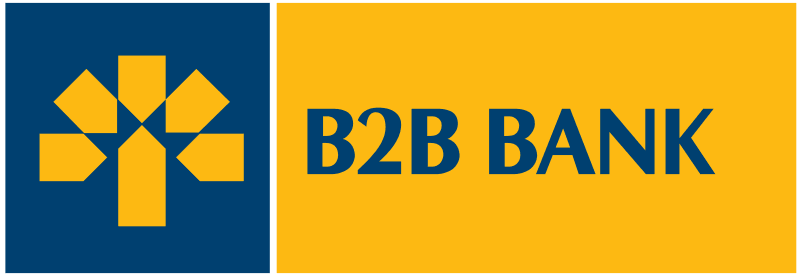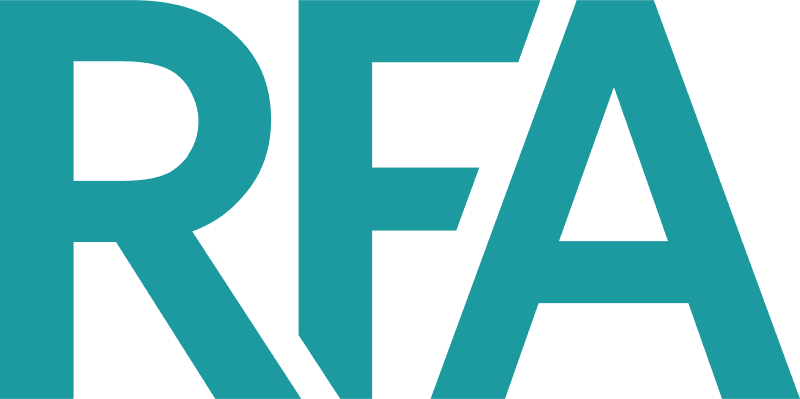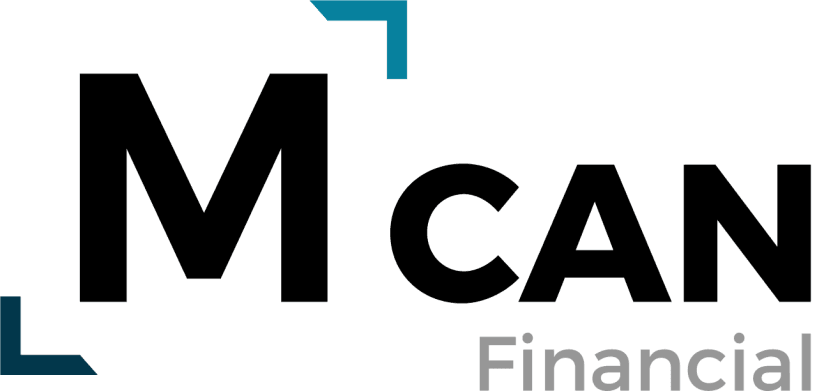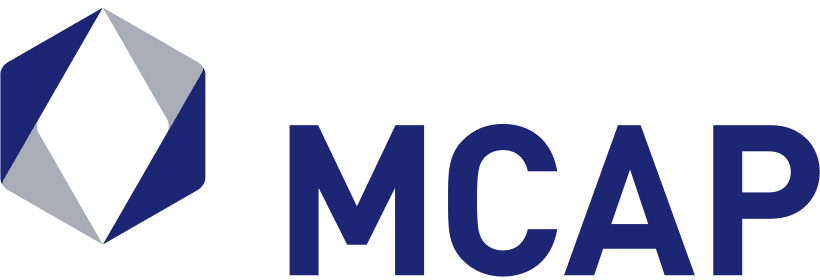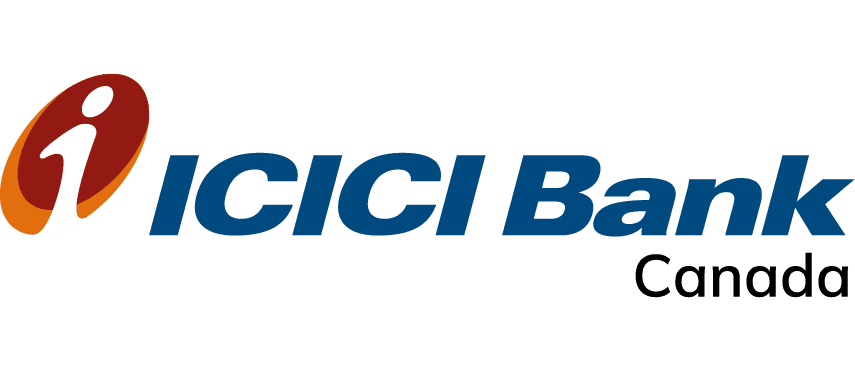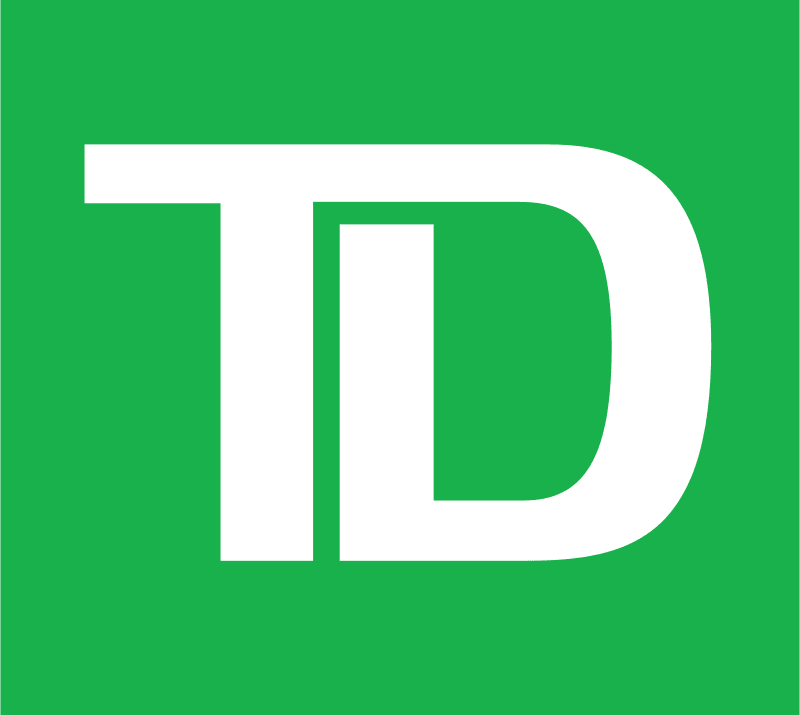
Buying a home is one of the most significant financial decisions you’ll ever make, and choosing the right mortgage can make all the difference. With so many options out there, it’s easy to feel overwhelmed—but don’t worry, we’ve got you covered! In this guide, we’ll explore the most common types of mortgages in Canada, breaking down what they are, their benefits, and who they’re best suited for.
Whether you’re a first-time buyer or looking to refinance, understanding your options is key to finding the perfect fit. Ready to dive in? Let’s get started! For tailored advice, feel free to reach out to us at GR Mortgages.
What is a Mortgage, Anyway?
Simply put, a mortgage is a loan you take out to buy a home, with the property acting as security for the lender. You repay the loan over time, plus interest, in monthly installments. The type of mortgage you choose affects your payments, flexibility, and overall cost—so it’s worth taking the time to explore your options.
Here are the five most popular types of mortgages in Canada:
1. Fixed-Rate Mortgages: Your Stability Superhero
A fixed-rate mortgage locks in your interest rate for the entire term—whether that’s 1, 5, or even 10 years. That means your monthly payments stay the same, no matter what happens in the market.
- Benefits: Predictable payments and protection from rising interest rates.
- Best for: Homebuyers who crave stability and plan to stay in their home long-term.
Imagine this: you lock in a low rate, and even if rates skyrocket, your budget stays intact. Pretty sweet, right? Learn more about how this works on our mortgage basics page.
External Reference: Check out the Bank of Canada’s interest rate trends to see why locking in might be a smart move.
2. Variable-Rate Mortgages: A Little Risk, A Lot of Reward
With a variable-rate mortgage, your interest rate can shift based on market conditions, usually tied to the lender’s prime rate. Your monthly payment might stay fixed, but the split between interest and principal can change.
- Benefits: Lower rates upfront and potential savings if rates drop.
- Best for: Those comfortable with some uncertainty and hoping to capitalize on lower rates.
Think of it like a rollercoaster—there’s a thrill in the ups and downs, and you might come out ahead! Curious about managing the risk? Visit our mortgage tips section.
External Reference: The Financial Consumer Agency of Canada offers great insights on variable-rate options.
3. Open Mortgages: Freedom to Pay Your Way
An open mortgage lets you pay off your loan—or make extra payments—anytime without penalties. It’s all about flexibility.
- Benefits: No penalties for early payoffs or lump-sum payments.
- Best for: People expecting a cash windfall (like an inheritance) or planning to sell soon.
The catch? Open mortgages often have higher interest rates. Still, the freedom can be worth it. For more on how this compares, check out the Canada Mortgage and Housing Corporation (CMHC).
4. Closed Mortgages: Lower Rates, Less Flexibility
A closed mortgage limits how much extra you can pay each year and charges penalties if you break the term early (like selling your home).
- Benefits: Lower interest rates than open mortgages.
- Best for: Homebuyers who want a great rate and plan to stick with the mortgage term.
Closed mortgages are super popular in Canada because they save you money on interest—just don’t expect to pay it off early without a fee. Need help weighing your options? Contact GR Mortgages for a chat.
5. High-Ratio Mortgages: Small Down Payment, Big Dreams
A high-ratio mortgage is when your down payment is less than 20% of the home’s price. In Canada, this requires mortgage default insurance (usually through CMHC or a private insurer).
- Benefits: Buy a home with as little as 5% down.
- Best for: First-time buyers or anyone short on savings.
The insurance adds to your costs, but it opens the door to homeownership sooner. Dive deeper in our first-time homebuyer guide.
External Reference: Learn more about insurance requirements at CMHC’s official site.
Which Mortgage is Right for You?
Choosing a mortgage is all about matching it to your life. Here’s a quick rundown:
- Want steady payments? Go for a fixed-rate mortgage.
- Okay with a little risk? Try a variable-rate mortgage.
- Need flexibility? An open mortgage might be your pick.
- Looking for a low rate? Consider a closed mortgage.
- Short on cash? A high-ratio mortgage could work.
Not sure where to start? The team at GR Mortgages is here to help. Book a free consultation and let’s find your perfect match!
Wrapping It Up
From fixed-rate predictability to high-ratio accessibility, Canada’s mortgage options offer something for everyone. The key is knowing what fits your budget, lifestyle, and goals.
Ready to take the next step? Visit GR Mortgages for expert guidance tailored to you. We’re excited to help you make your homeownership dreams a reality!
FAQ
1. What types of mortgages are available in Canada?
Common types include fixed-rate (stable interest), variable-rate (fluctuates with market), open (flexible payments), closed (lower rates, less flexibility), and high-ratio (down payment under 20%).
2. Fixed-rate vs. variable-rate mortgages – what’s the difference?
No, fixed-rate mortgages often have higher penalties based on interest differences, while variable-rate ones usually charge a simpler fee, like a few months’ interest. Open mortgages typically have no penalties.
3. What’s a high-ratio mortgage?
It’s a mortgage with less than 20% down payment, requiring mortgage default insurance.
4. What is mortgage default insurance?
Insurance that protects lenders if you default, mandatory for down payments under 20%. It’s provided by CMHC or private insurers like Genworth.
5. How do I qualify for a mortgage in Canada?
Lenders check your credit score (typically 680+), income, debt-to-income ratio, and property value. You must also pass the stress test.
6. What’s the mortgage stress test?
A test to ensure you can afford payments at a higher rate (e.g., 5.25% or your rate + 2%), applied to all borrowers since 2018.
7. What does amortization period mean?
It’s the time to fully pay off your mortgage—usually 25 years for insured mortgages, up to 30 for uninsured. Longer periods lower monthly payments but increase total interest.
8. Open vs. closed mortgages – what’s the difference?
Open mortgages allow full prepayment anytime with no penalty but have higher rates. Closed mortgages limit prepayments (e.g., 10-20% yearly) and charge penalties for breaking the term.
9. Can I pay off my mortgage early?
Yes—open mortgages allow it penalty-free. Closed mortgages permit limited extra payments (e.g., 15% annually) or charge a penalty (often 3 months’ interest or interest rate differential).
10. What if I miss my mortgage payments?
Contact your lender ASAP. They may offer temporary relief like skipping a payment or restructuring the loan. Persistent missed payments could lead to foreclosure.
Curious about the Home-buying Process? We’re here to answer all your questions! Get the Free Expert advise!


